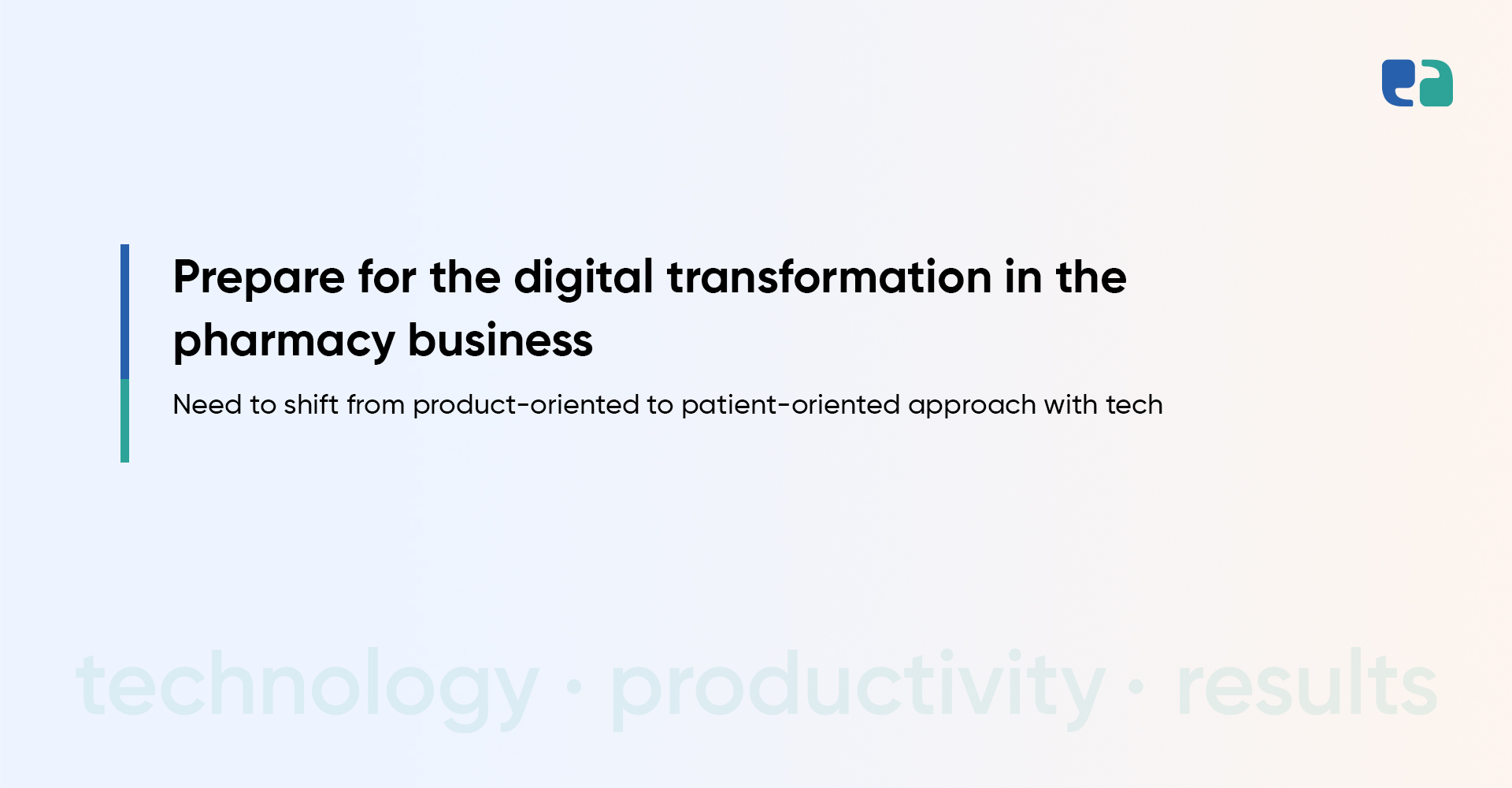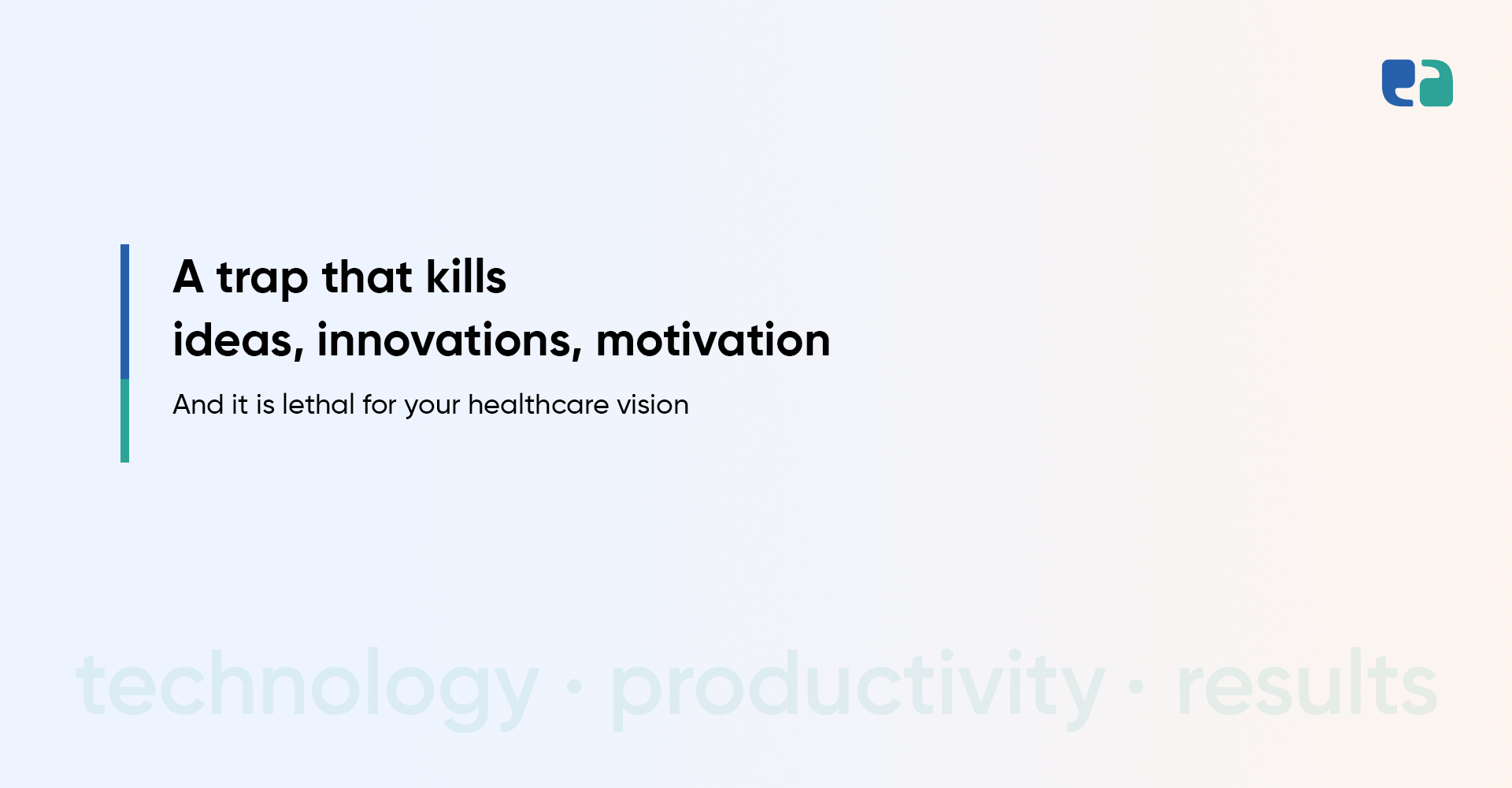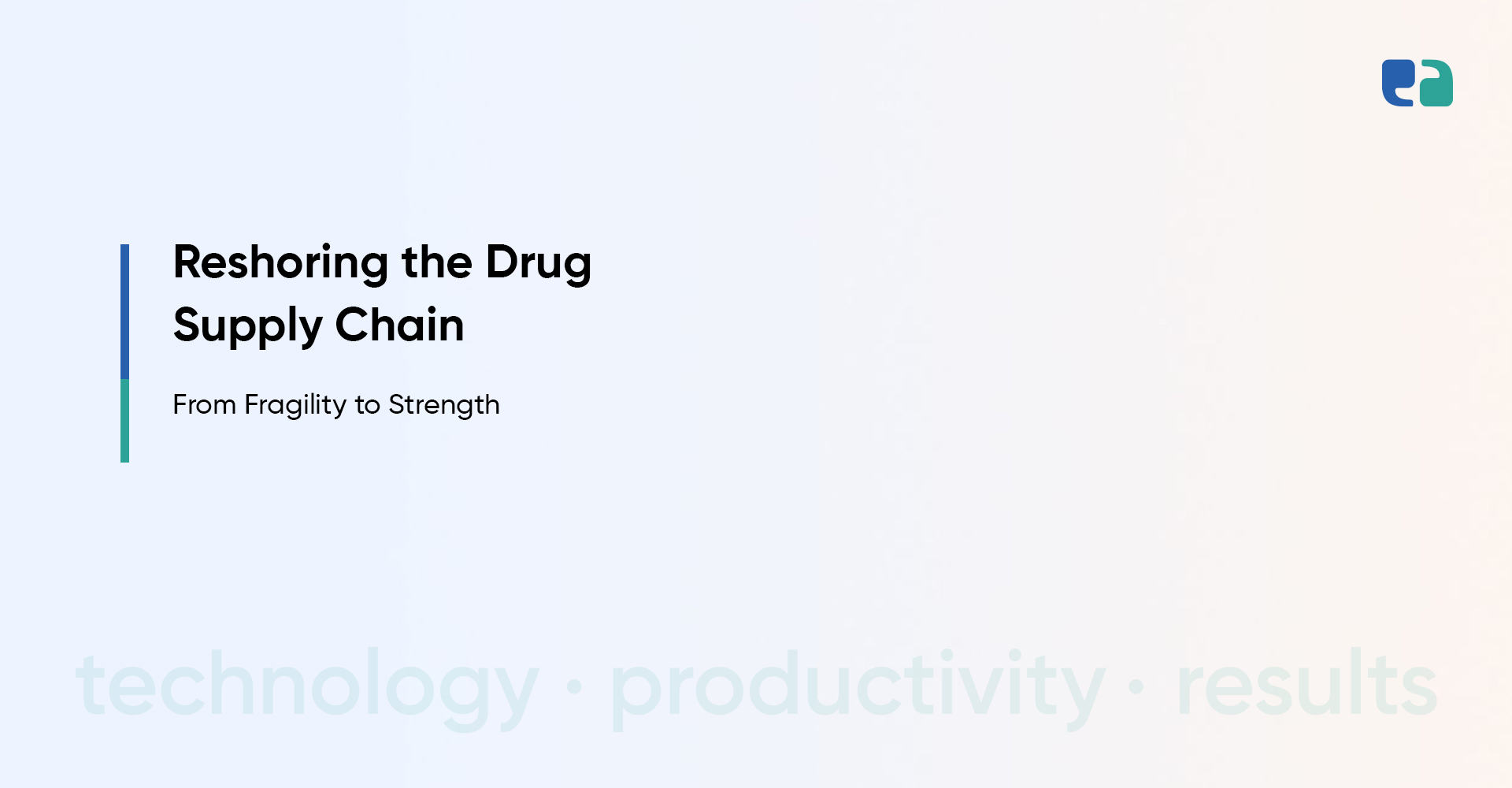Pharmacies that are considered to be the backbone of the entire healthcare system have started evolving from small medicine dispensaries to pharmaceutical care units.
This shift is accelerated by the advancement in pharmacy technology solutions and the rising demand for personalized care.
Further, in the era of on-demand services, consumers’ expectations are rising for pharmacies.
These expectations can not be fulfilled without advanced technological support and their systematic integration with medical facilities, pharmacies, medicine manufacturers, and practitioners.
Let’s explore more about how pharmacies can meet the rising demand for technology-enabled care services.
How will Pharmacies Meet the Demands of Modern Consumers?
Becoming successful in the pharmacy business is getting more challenging than ever. For most pharmacies, whether they are community-based, industrial, or individual, staying up to date is critical.
The principal task of modern pharmacies is to optimize the healthcare system outcome by providing secure, personally managed, high-quality patient care in the technology-enabled atmosphere supported by professionals in the healthcare industry.
But how will pharmacies fulfill this task where trends like personalizing care, changing regulation wellness, and transparent pricing are prominent?
Adoption of new technology is the only way that help pharmacies to meet modern consumer demand,
- Monitoring the patient’s adherence to medication
- Medication delivery and management
- Improving clinical performances
- Meeting the regulatory compliance
- Conducting business analytics
- Delivering medicines on-demand
Overall, new pharmacy technology has the potential to improve different areas of the pharmacy business.
Top Pharmacy Technology Solutions Used in Digital Pharmacies
IT demand in the pharmacy industry is at an all-time high, due to its benefits such as the ability to automate information processing with high accuracy and efficiency, digital communication between the patient and pharmacies, reduced healthcare cost, improved remote care accessibility, etc.
Pharmacies need to stay relevant to the changing needs of the healthcare system. Here are the technologies that help pharmacies to stay up-to-date and relevant.
Types of Healthcare Apps or Web Solutions, Pharmacies Can Build Using the Technology
There is a huge demand for pharmacy apps due to the growing trend of contactless shopping.
Moreover, such an app provides meaningful resources that are useful for both doctors and patients.
A pharmacy app can be built to target the specific needs of customers.
Get Prepared to Deliver a Digital Pharmacy Experience with SyS Creations – a Pharmacy Technology Company
The future of pharmacy is highly influenced by modern technologies as consumers are more used to mobile technologies. The patient prefers convenience while purchasing medication, tracking health improvement, and getting consultations from doctors and physicians.
Pharmacies need digital tools to interact with and engage patients, track business performance, get business insights, and more.
If you are planning to build the best pharmacy technology solution that can improve the outcomes of your business and patient health, you can count on our healthcare-specific expertise.
We are a healthcare-focused IT company with experience of 8+ years in healthcare app development, consultation, analysis, designing, and IT support.
Our team of experts includes consultation specialists, app designers, developers, and business analysts to guide you in transforming your business ideas into reality.
Most importantly, we also accommodate healthcare professionals to understand and implement clinically-approved pharmacy tech solutions.



